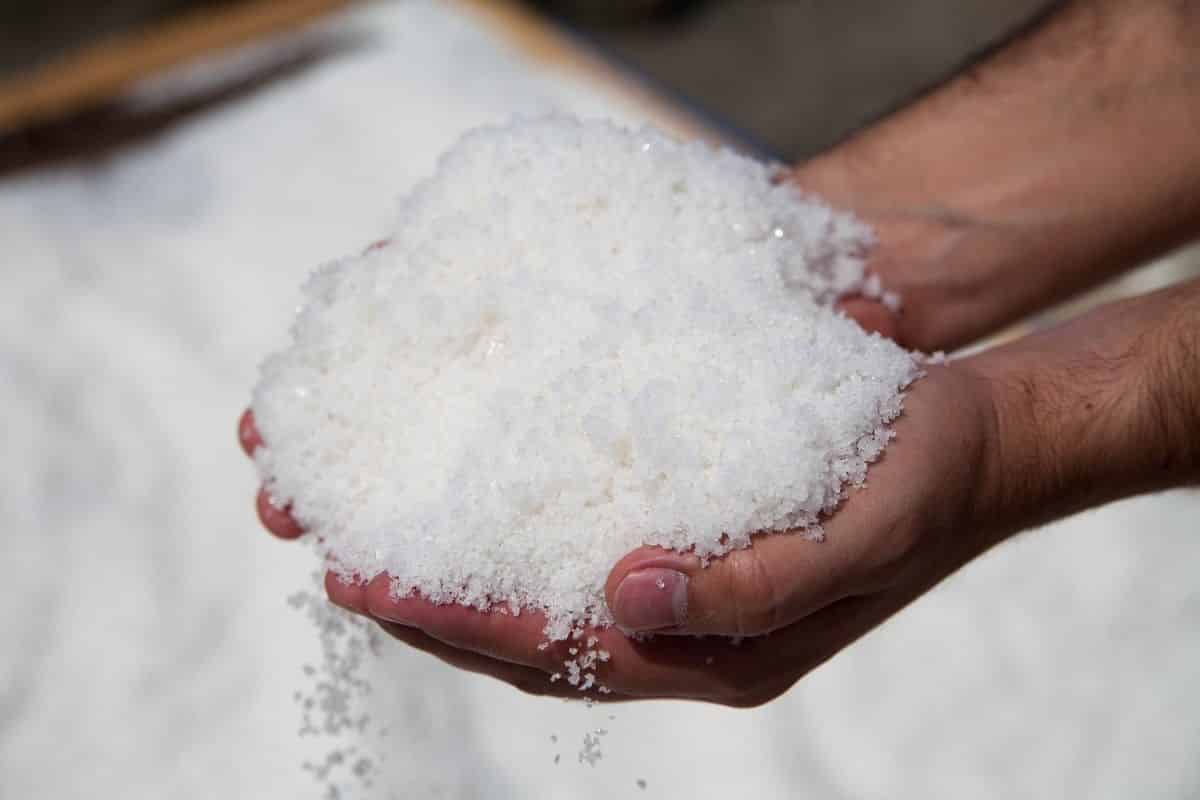Iodine is a mineral found mainly in salt and is very important for the body and for the functioning of the thyroid gland.
Generally, iodine is only related to the good or bad functioning of the thyroid gland. In fact, this mineral is essential for the production of thyroid hormone synthesis and its lack can trigger many problems. But, more than that, iodine is also very important for the body in other aspects besides this.
Therefore, iodine deficiency can result in complications in all areas of the body. This is because the mineral has receptors that are absorbed by all tissues of the body, having an essential function for many organs of the body.
However, it is important to have a balance regarding the intake of this mineral. Because a lack of iodine in the body can compromise the proper functioning of the thyroid and its excess can result in poisoning.
Therefore, today we will learn more about iodine, its real importance for the body, its benefits and the sources of this mineral.
Iodine
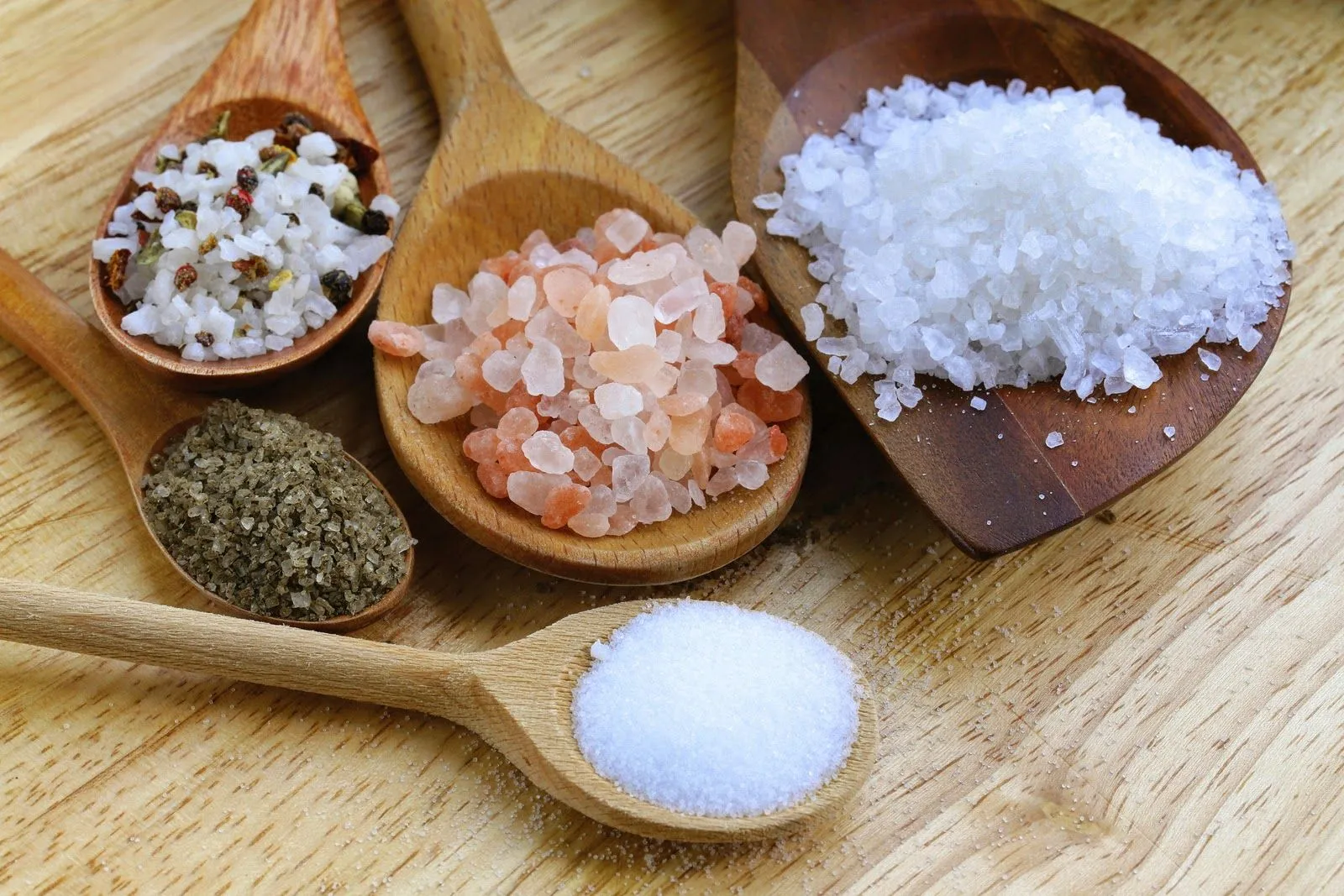
When we talk about iodine, we are talking about a very important mineral for health, and which is often seen as a villain. Practically every type of salt sold contains iodine, the famous iodized salt. And as we know, excess salt is bad for your health. But iodine, consumed in adequate quantities, becomes essential for the proper functioning of the body in general.
Firstly, iodine is essential for the production of thyroid hormone synthesis. In other words, the hormones that are responsible for regulating the body’s functions. Therefore, when there is a lack of iodine in the body, a condition called goiter can occur, which is an unusual enlargement of the thyroid gland.
Therefore, the proper functioning of this gland directly depends on iodine. And as the hormones synthesized by the thyroid gland, such as thyroxine (T3) and triiodothyronine (T4) have different functions in the human body, a lack or excess can result in a series of complications.
Therefore, iodine is directly linked to physical and neurological growth, also to basal metabolism, and the maintenance of body temperature. Furthermore, it helps control the metabolism of cellular oxidation and lipids, carbohydrates, proteins, water and even other minerals. But it is also essential for the proper functioning of organs such as the heart, liver, kidneys and ovaries.
Health benefits of iodine
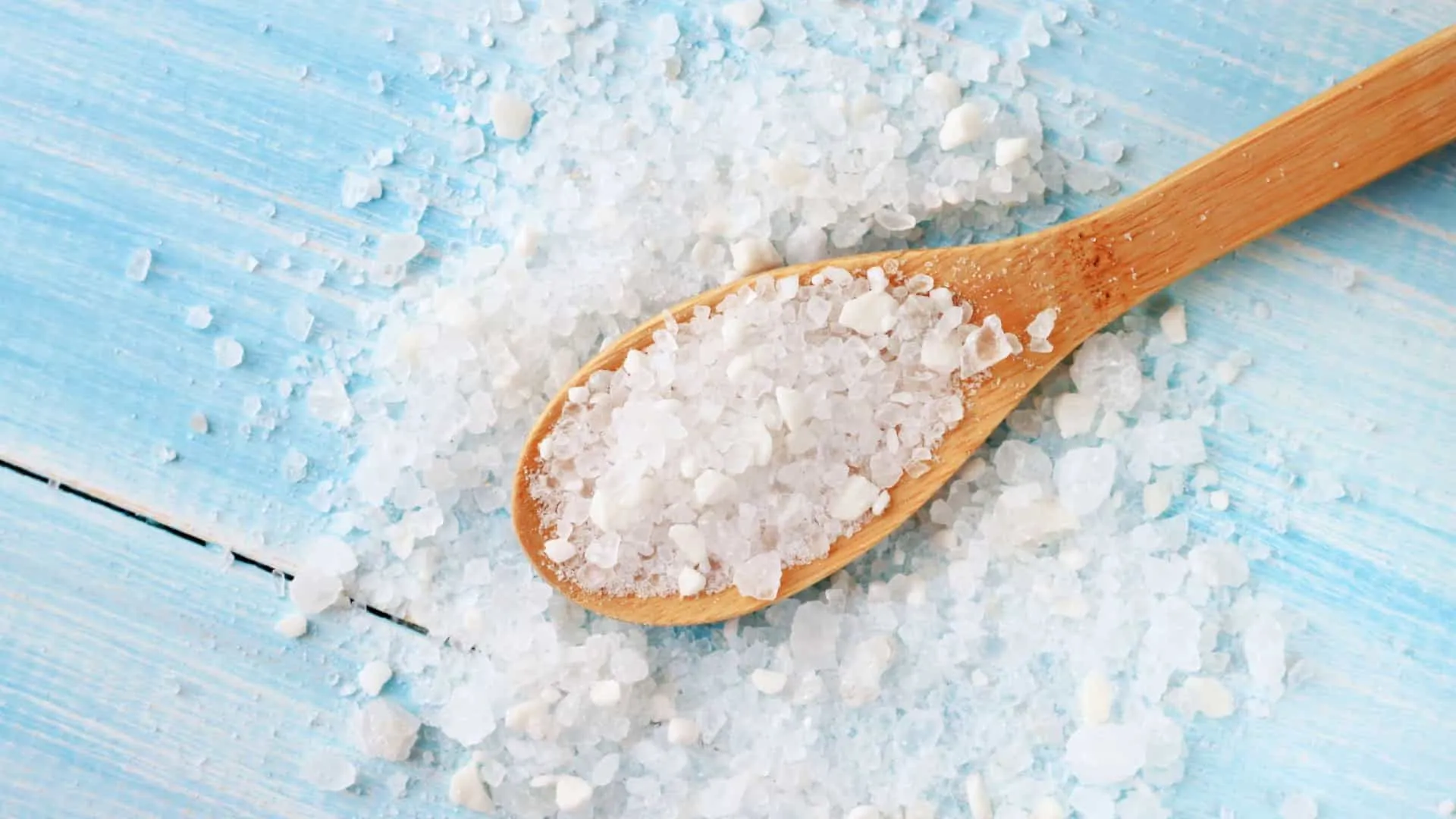
So, knowing its importance, let’s learn about the main health benefits of iodine.
Supports physical and neurological growth
As previously stated, iodine is essential for the proper functioning of the thyroid gland, which is responsible for synthesizing several hormones. Among these are hormones that act on both physical and neurological growth. A simple example of this is that adequate consumption of iodine helps in the healthy growth of hair and nails.
Detoxifying function
That’s right, iodine also has the function of eliminating toxins from the body. In this sense, the mineral is very effective in combating chemicals such as lead, fluorine and mercury.
Good for metabolism
As it has an essential function for thyroid hormones, iodine also ends up helping with metabolism. This is because these hormones act directly on basal metabolism, as well as lipids, carbohydrates, proteins, among others. In addition to helping to control body temperature.
Helps in the functioning of various organs
Adequate levels of iodine in the body help regulate heart rate and blood pressure, that is, it is good for the proper functioning of the heart. But in addition, it also has beneficial effects on the liver, kidneys and ovaries.
Iodine deficiency in the body

With all these benefits, a lack of iodine in the body can be linked to several diseases, especially hypothyroidism. In this case, the biggest problem is that the thyroid gland will not produce enough hormones for the entire body. And that is why endemic goiter occurs, that is, the disproportionate enlargement of the thyroid gland.
But, in addition to hypothyroidism, a lack of iodine may also be related to mental deficiency and increased infant mortality, in addition to affecting infertility. And not to mention that it affects all tissues of the skin, retina, prostate, gastric mucosa and the immune system.
In the case of pregnant women, this can be even more serious, especially in the first weeks of pregnancy. As this is the period in which a woman’s body is going through changes, such as the lack of some hormones and the increased production of others. Therefore, the lack of iodine and care for hypothyroidism can cause complications, such as premature birth, neurological defects, deafness and even fetal abortion.
Nowadays, it is mandatory that all table salt contain a minimum amount of iodine, precisely to meet the body’s need for the mineral. However, excess salt is bad for your health, and more and more people are reducing and even cutting out salt from their diet.
Another factor linked to the deficiency of the mineral in the body is that it is an element with a very low boiling point, that is, during food preparation, it is possible for the iodine to completely evaporate from the salt. And even when consumed regularly, the body also ends up eliminating a large part of this nutrient.
Natural sources
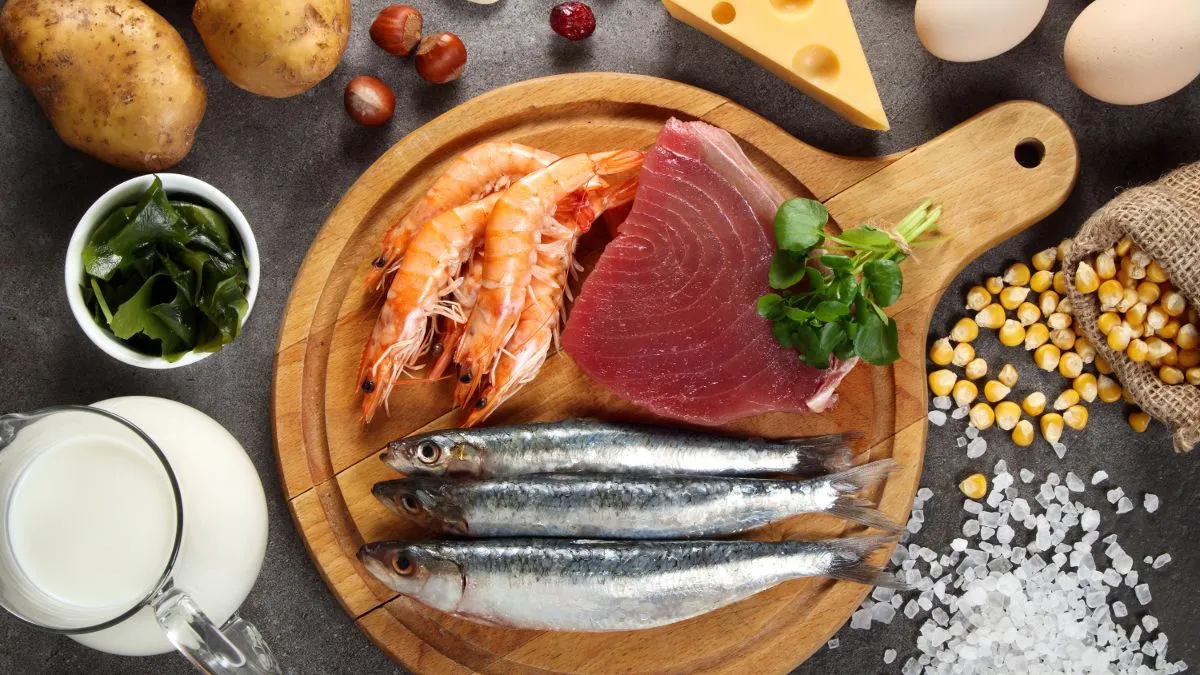
So, how to meet the body’s need for this nutrient? Through diet, as several foods are natural sources of iodine. Let’s look at some below:
- Iodized salt;
- Shrimp;
- Began;
- Oysters;
- Badejo;
- Atum;
- Cod;
- Aipo;
- Cress;
- Crab;
- Salmon;
- Cow’s milk and derivatives;
- Herring;
- Garlic;
- beef;
- Bull’s liver;
- Oat;
- Rice;
- Sardine;
- Brazil nuts;
- Fish oil;
- Egg yolk.
Optimal quantity
The ideal recommended amount of iodine varies according to age. According to the World Health Organization, the ideal amount of mineral intake is as follows:
- Babies aged 0 to 1 year: 90 mcg (micrograms) per day or 15 mcg/kg
- Children aged 1 to 6 years: 90 mcg per day or 6 mcg/kg
- Children aged 7 to 12 years: 120 mcg per day or 4.0 mcg/kg
- Adolescents and adults: 150 mcg per day or 2.0 mcg/kg
- Pregnant and breastfeeding women: 200 mcg per day or 3.5 mcg/kg
However, excess can be a problem. It is considered excess when iodine consumption exceeds 400 times the recommended daily amount. Therefore, one of the main problems is iodine poisoning, in addition to the aforementioned goiter and also hyperthyroidism.
Supplementation
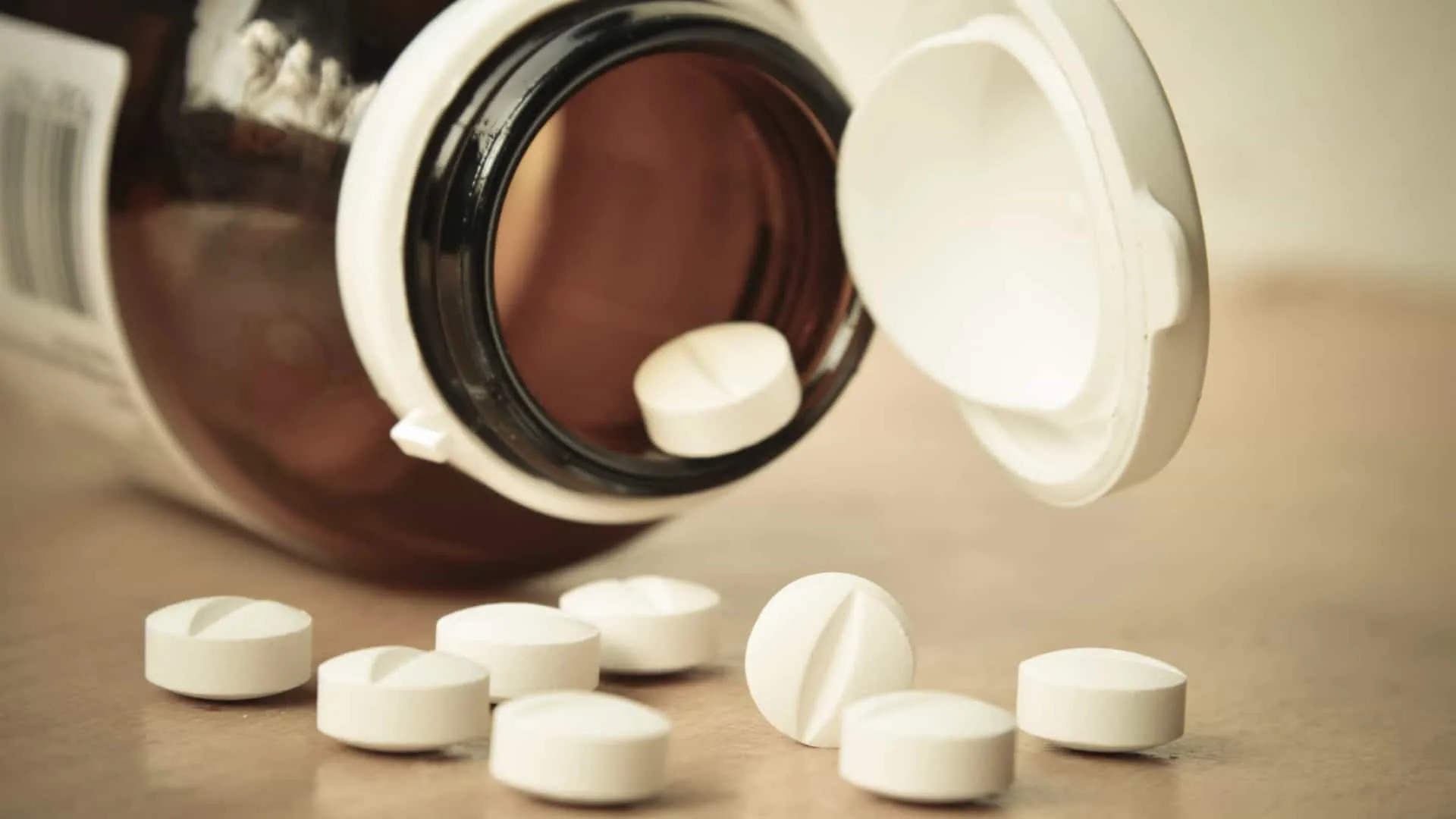
In most cases, only adequate nutrition is capable of meeting the body’s need for iodine. However, it is important to take tests regularly to find out if the amount of mineral is adequate in the body. When it is not, supplementation may be necessary to make up for the iodine deficiency.
This is more common in pregnant or breastfeeding women. Because at this stage, it is normal for the body to need more iodine than the body can manufacture, and the kidneys also eliminate greater amounts of the mineral. Furthermore, an amount of the mineral must be transferred to the baby.
But in the case of supplementation, it is very important that it is recommended by a doctor, even to know the correct amount that the patient needs.
Anyway, what did you think of this article? In fact, take the opportunity to also check out what folic acid is and what it is for.
Sources: Healthy Longevity Nature Center Minha Vida
Featured image: PAHO
Images: Brazilian Society of Diabetes Lifestyle at Minuto Super Smart Mundo at Minuto Diário da Amazônia

Sign up for our newsletter and stay up to date with exclusive news
that can transform your routine!
Warning: Undefined array key "title" in /home/storelat/public_html/wp-content/plugins/link-whisper-premium/templates/frontend/related-posts.php on line 12
Warning: Undefined array key "title_tag" in /home/storelat/public_html/wp-content/plugins/link-whisper-premium/templates/frontend/related-posts.php on line 13

